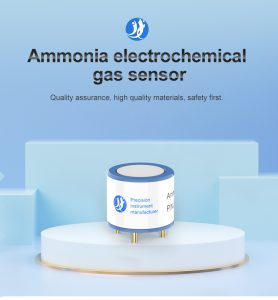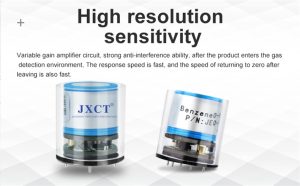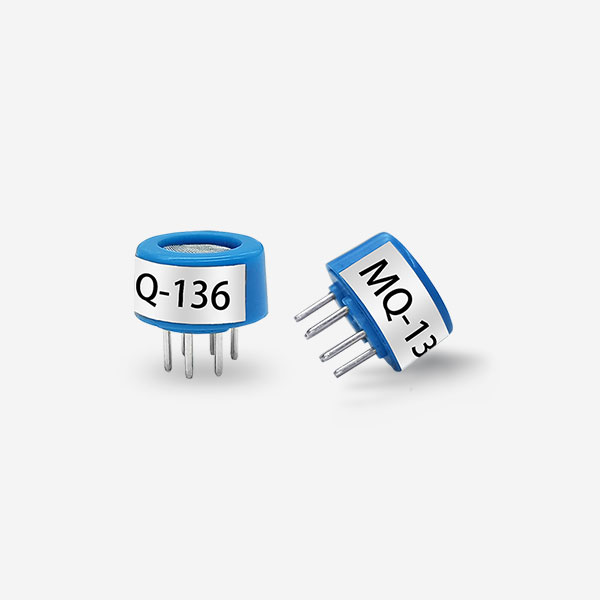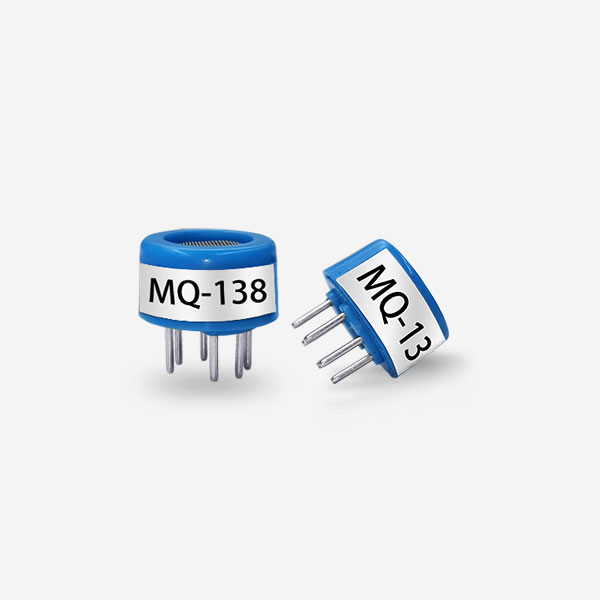-
How to choose the right gas sensor?
- Gas sensors are electronic devices that detect and measure gas concentrations. They play a crucial role in various industries, including environmental monitoring, industrial safety, and medical diagnosis. However, with a wide range of gas……
- Chat Online
-
Description
Gas sensors are electronic devices that detect and measure gas concentrations. They play a crucial role in various industries, including environmental monitoring, industrial safety, and medical diagnosis. However, with a wide range of gas sensors available on the market, it can be challenging to choose the right one for your specific application. In this article, we will discuss the factors to consider when selecting a gas sensor to ensure accurate and reliable gas detection.

Target Gas
The first step in choosing the right gas sensor is to identify the target gas you want to detect. Different gas sensors are designed to detect specific gases, such as carbon monoxide (CO), methane (CH4), hydrogen sulfide (H2S), or oxygen (O2). Therefore, it is essential to know the gas or gases you need to monitor before selecting a sensor. Consider the potential sources of gas emissions and the specific requirements of your application.
Sensitivity and Detection Range
The sensitivity and detection range of a gas sensor are crucial factors to consider. The sensitivity determines the lowest concentration of gas that the sensor can detect accurately. It is important to choose a sensor with sufficient sensitivity to detect the gas concentration levels relevant to your application. The detection range refers to the range of gas concentrations that the sensor can measure accurately. Ensure that the chosen sensor covers the desired range of gas concentrations to provide accurate and reliable readings.
Selectivity
Selectivity refers to the ability of a gas sensor to distinguish between different gases in the presence of other gases. In some applications, it may be necessary to detect a specific gas while ignoring the presence of other gases. For example, in environmental monitoring, it is important to differentiate between nitrogen dioxide (NO2) and ozone (O3) levels, as both gases are present in urban areas. Consider the selectivity of the sensor to ensure it can accurately detect the target gas in the presence of other gases commonly found in your application environment.
Response Time
The response time of a gas sensor is the time it takes to detect and respond to changes in gas concentration. It is an important factor, especially in applications where real-time monitoring is critical. For example, in industrial safety applications, a fast response time is essential to provide timely warnings to workers in case of a gas leak. Consider the response time requirements of your application and choose a sensor that can meet those requirements.
Operating Conditions
Consider the operating conditions of your application when selecting a gas sensor. Factors such as temperature, humidity, and pressure can affect the performance of the sensor. Ensure that the chosen sensor is suitable for the specific operating conditions of your application. Some sensors may require additional protection or calibration to work optimally under extreme conditions.
Power Consumption and Lifespan
The power consumption of a gas sensor is an important consideration, especially in applications where battery life is crucial. Choose a sensor that consumes minimal power to prolong battery life or select a sensor with low-power modes. Additionally, consider the lifespan of the sensor. Some sensors may degrade over time and require frequent replacement, which can add to the overall cost of ownership. Look for sensors with a long lifespan to minimize maintenance and replacement costs.
Calibration and Maintenance
Gas sensors require regular calibration and maintenance to ensure accurate and reliable readings. Consider the calibration requirements of the sensor and whether it can be easily calibrated in the field or requires professional calibration. Additionally, check if the sensor requires regular maintenance and if there are any specific maintenance procedures or requirements.

Conclusion
Choosing the right gas sensor is essential to ensure accurate and reliable gas detection in various applications. Consider factors such as the target gas, sensitivity, selectivity, response time, operating conditions, power consumption, lifespan, and calibration requirements when selecting a gas sensor. By carefully evaluating these factors and understanding the specific requirements of your application, you can choose a gas sensor that meets your needs and provides accurate and reliable gas detection.
-
Recommend:
-
-
Gas detectors are essential devices used to detect and moni…
-
Gas sensors are electronic devices that detect, measure, an…
-
Gas detectors are essential safety tools that detect the pr…
-
Where is the gas detector mainly used
Gas detectors are essential safety tools that detect and mo…
-
 : +86 155 8830 2704
: +86 155 8830 2704 : jxdziot@gmail.com
: jxdziot@gmail.com
